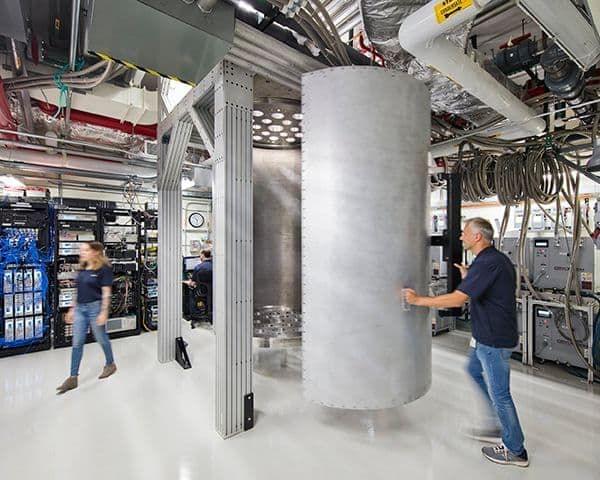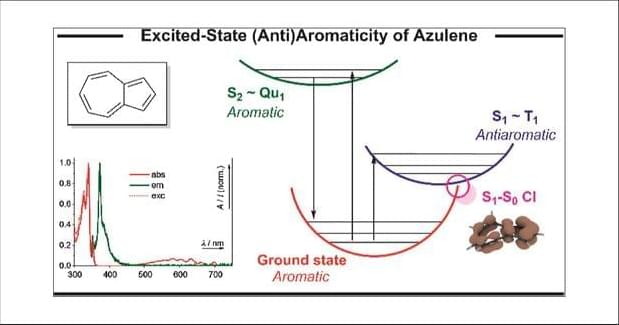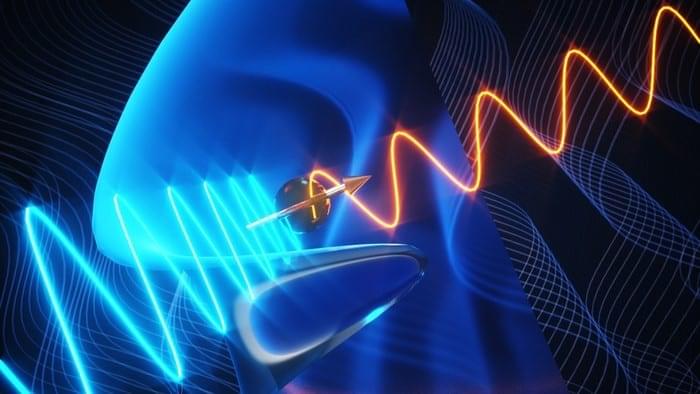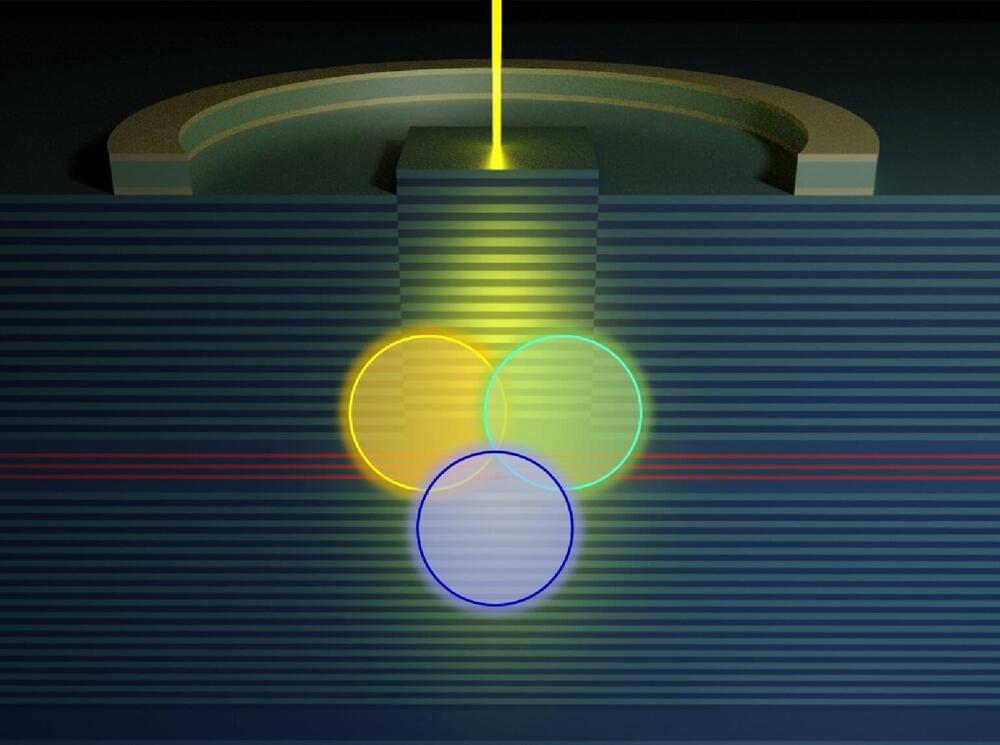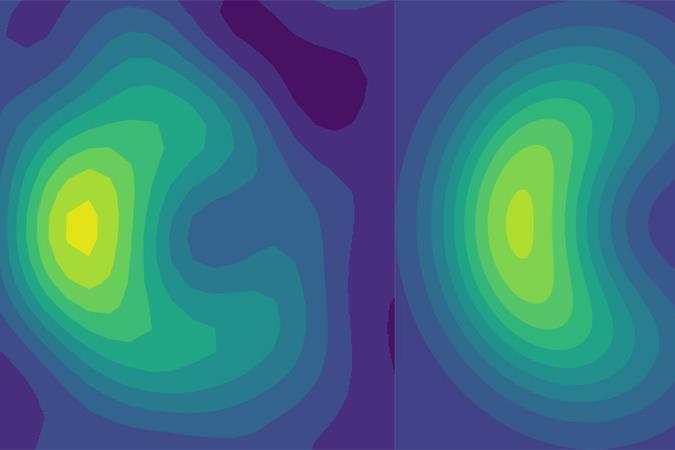X-ray free-electron lasers (XFELs) first came into existence two decades ago. They have since enabled pioneering experiments that “see” both the ultrafast and the ultrasmall. Existing devices typically generate short and intense x-ray pulses at a rate of around 100 x-ray pulses per second. But one of these facilities, the Linac Coherent Light Source (LCLS) at the SLAC National Accelerator Laboratory in California, is set to eclipse this pulse rate. The LCLS Collaboration has now announced “first light” for its upgraded machine, LCLS-II. When it is fully up and running, LCLS-II is expected to fire one million pulses per second, making it the world’s most powerful x-ray laser.
The LCLS-II upgrade signifies a quantum leap in the machine’s potential for discovery, says Robert Schoenlein, the LCLS’s deputy director for science. Now, rather than “demonstration” experiments on simple, model systems, scientists will be able to explore complex, real-world systems, he adds. For example, experimenters could peer into biological systems at ambient temperatures and physiological conditions, study photochemical systems and catalysts under the conditions in which they operate, and monitor nanoscale fluctuations of the electronic and magnetic correlations thought to govern the behavior of quantum materials.
The XFEL was first proposed in 1992 to tackle the challenge of building an x-ray laser. Conventional laser schemes excite large numbers of atoms into states from which they emit light. But excited states with energies corresponding to x-ray wavelengths are too short-lived to build up a sizeable excited-state population. XFELs instead rely on electrons traveling at relativistic speed through a periodic magnetic array called an undulator. Moving in a bunch, the electrons wiggle through the undulator, emitting x-ray radiation that interacts multiple times with the bunch and becomes amplified. The result is a bright x-ray beam with laser coherence.

